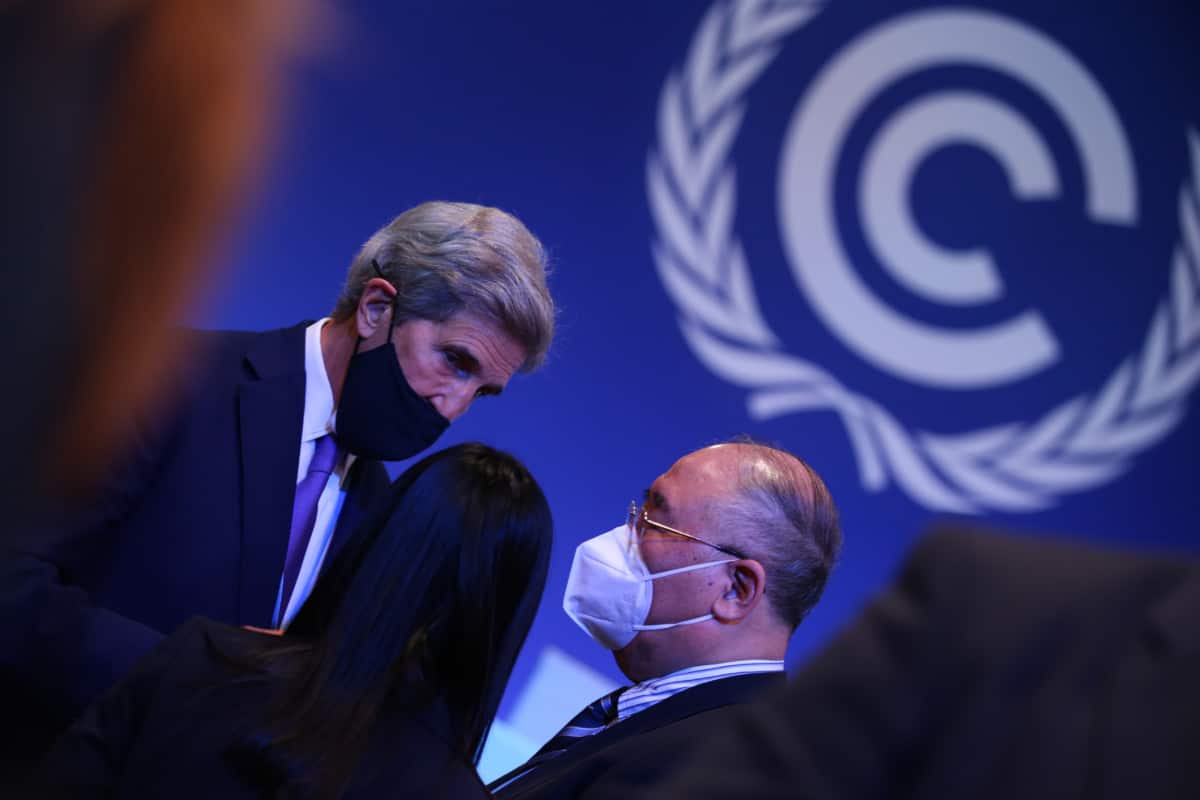Good evening and happy New Year. Here’s your interesting, non-Covid related factoid for the evening: 80 to 90 percent of global trade happens in shipping, and increasingly, a Chinese state-owned company is supplying the scanners for ports around the world. The U.S. banned Nuctech’s scanners from airports in 2014 — it is now often called “the Huawei of airport security” — but as our cover story this week shows, the company has still thrived. Elsewhere, we have a Q&A with Caroline Humphrey and Franck Billé, two anthropologists, on the unique relationships along the Russia-China border; infographics on Feitian Technologies, the Chinese cybersecurity firm that sells to Google and Microsoft; a reported piece on China’s new mRNA vaccine and how it may change the country’s approach to Covid-19; and an op-ed from Michael Spence about why the tenor of the current U.S.-China relationship raises doubts about the world’s future health and prosperity. If you’re not already a paid subscriber to The Wire, please sign up here.
Want this emailed directly to your inbox? Sign up to receive our free newsletter.

Flagged For Security
In just over 20 years, Beijing-based Nuctech has swelled into one of the largest security screening manufacturers in the world. Their scanners service airports, embassies and ports in some 160 countries, including many Western democracies, with the tagline, “Creating a safer world.” But as Brent Crane reports this week, the question the U.S. government has been trying to raise for almost a decade now is: For whom?

The Big Picture: Cybersecurity, Made in China
Feitian Technologies, a Chinese company, sells security devices to Google, Symantec, J.P. Morgan and Softbank. But while winning those contracts is a sign of the company’s growing presence in the market for security keys, some analysts worry about potential risks for users of Feitian’s hardware. This week, The Wire’s infographics by Eliot Chen look at the rise of Feitian Technologies.
A Q&A with Caroline Humphrey and Franck Billé

Caroline Humphrey and Franck Billé are leading anthropologists who have spent years studying the border between Russia and China, a 2,600 mile-stretch that mostly follows the great Amur River. Their book, On the Edge: Life Along the Russia-China Border, describes how the regions on either side have developed in the context of the dramatic political and economic changes both countries have undergone in recent years. In this week’s Q&A with Andrew Peaple, they describe the lack of physical bridge building, the idea of the “far east” in the Russian imagination, Putin’s pivot to Asia, and the responsibility of life at the border.
Caroline Humphrey
Illustration by Lauren Crow

China’s mRNA Boost
With a mRNA vaccine finally in trials, China may be set to take a major step towards catching up with Western nations in the global vaccine race. But as Katrina Northrop reports this week, whether that will lead Beijing to change its stringent approach to the pandemic is still unclear.

Is Strategic Cooperation with China Possible?
From climate change and rising inequality to the pandemic and the digital revolution, there is ample common ground for rival powers to pursue mutually beneficial forms of collaboration. But as Michael Spence, a Nobel laureate in economics, argues in this week’s op-ed, the opposite has happened, raising doubts about the current recovery and the world’s future health and prosperity.
Subscribe today for unlimited access, starting at only $19 a month.



